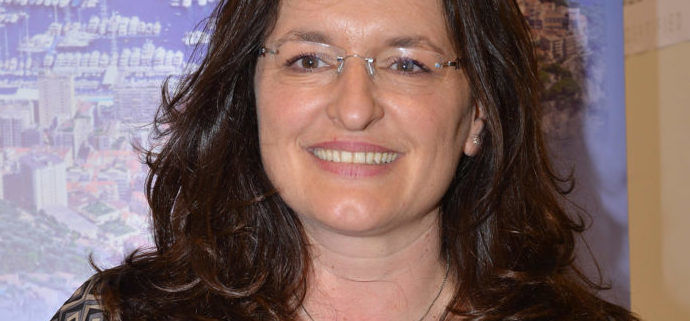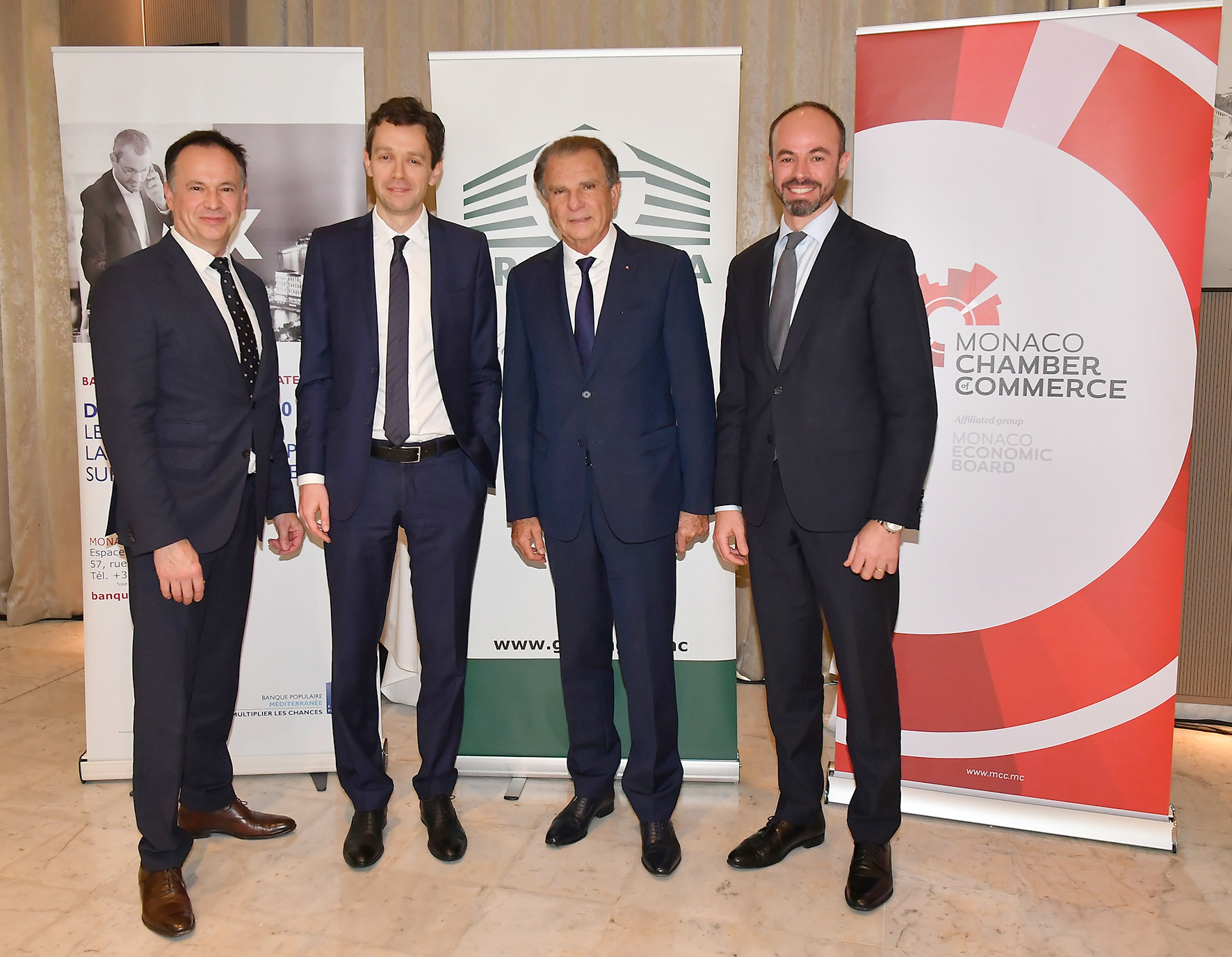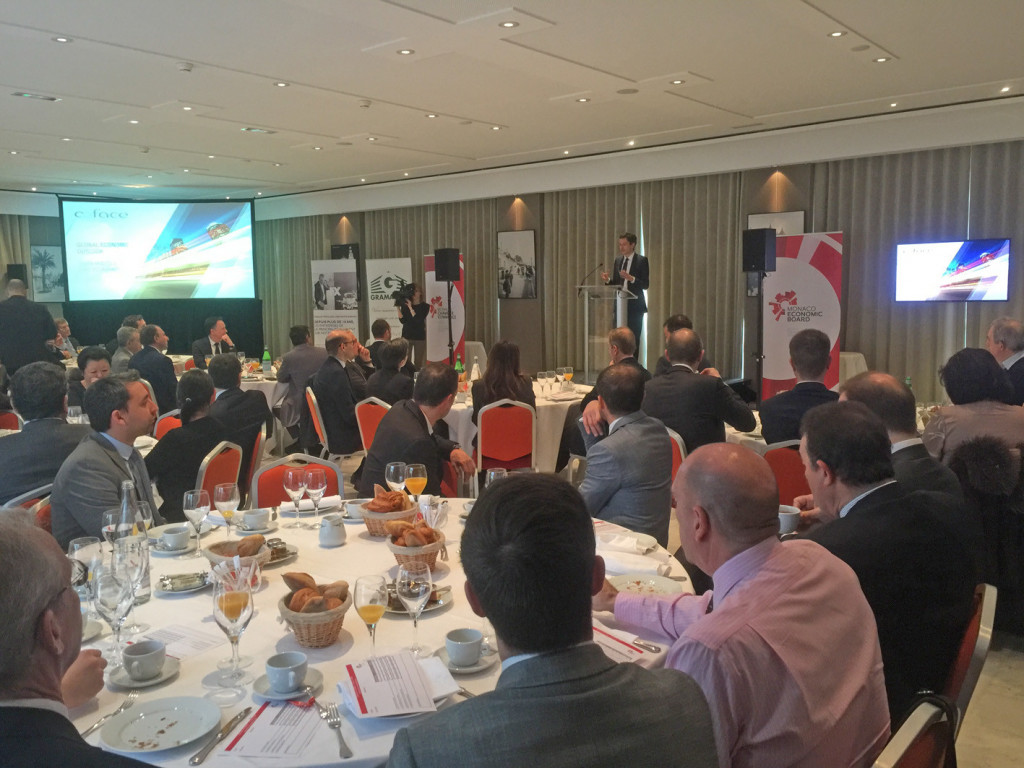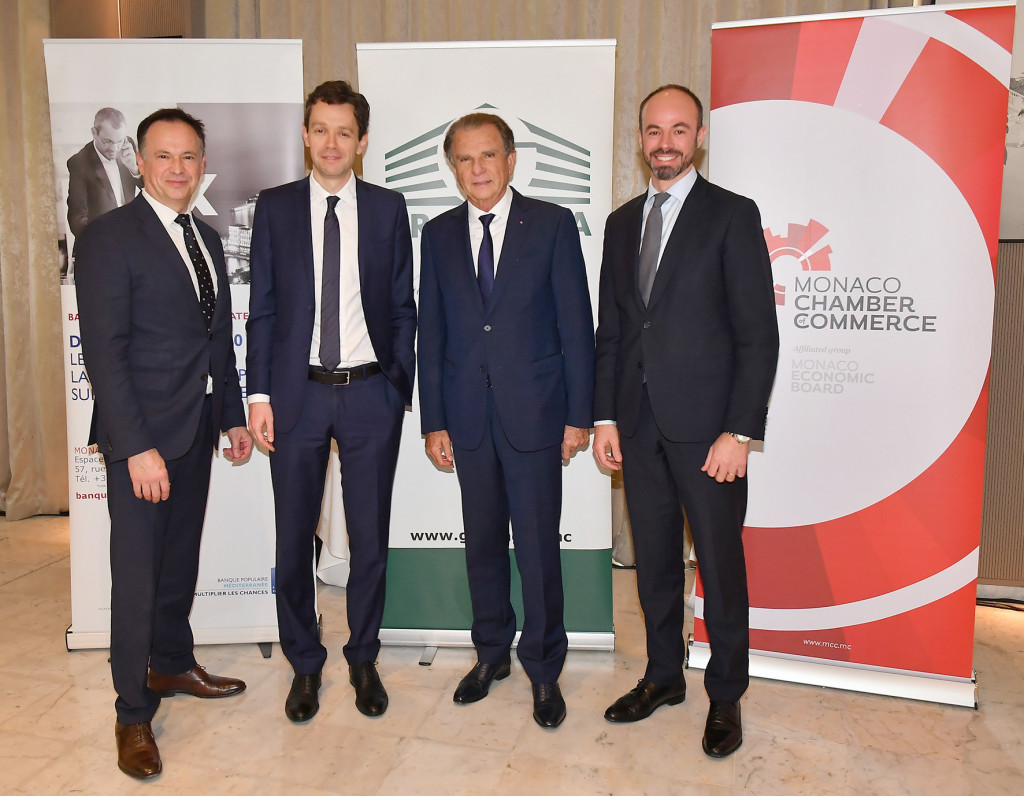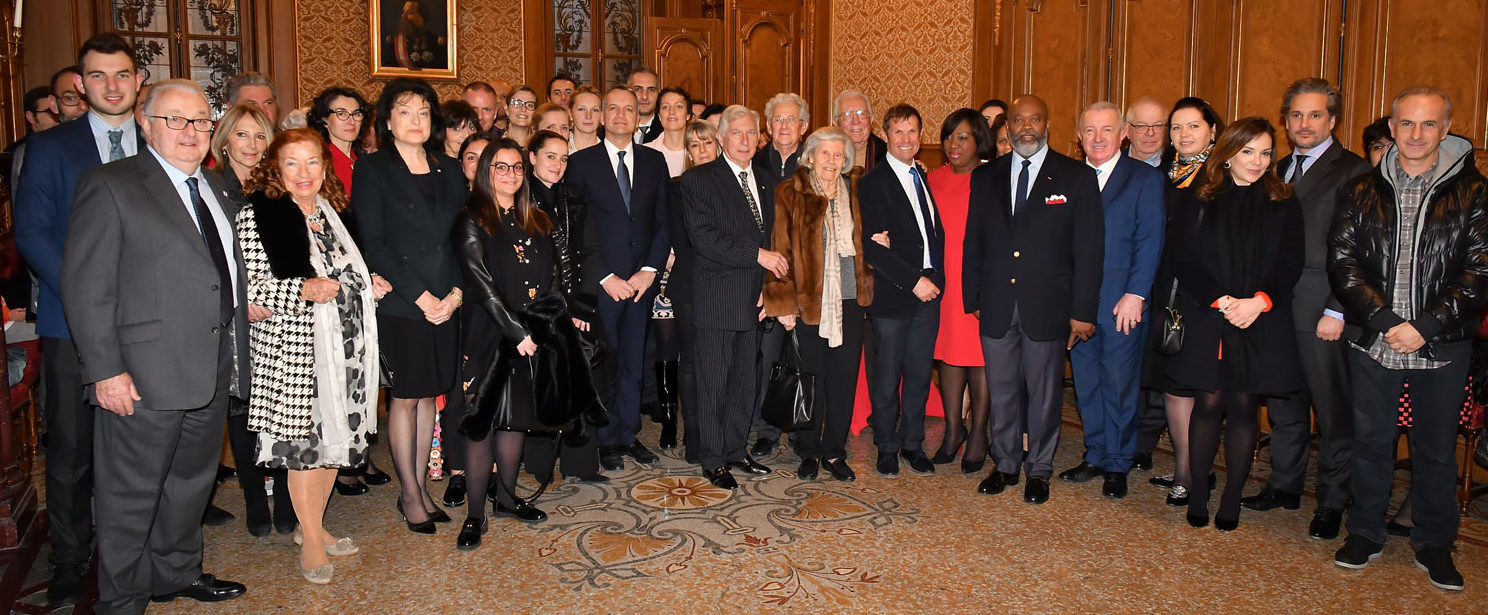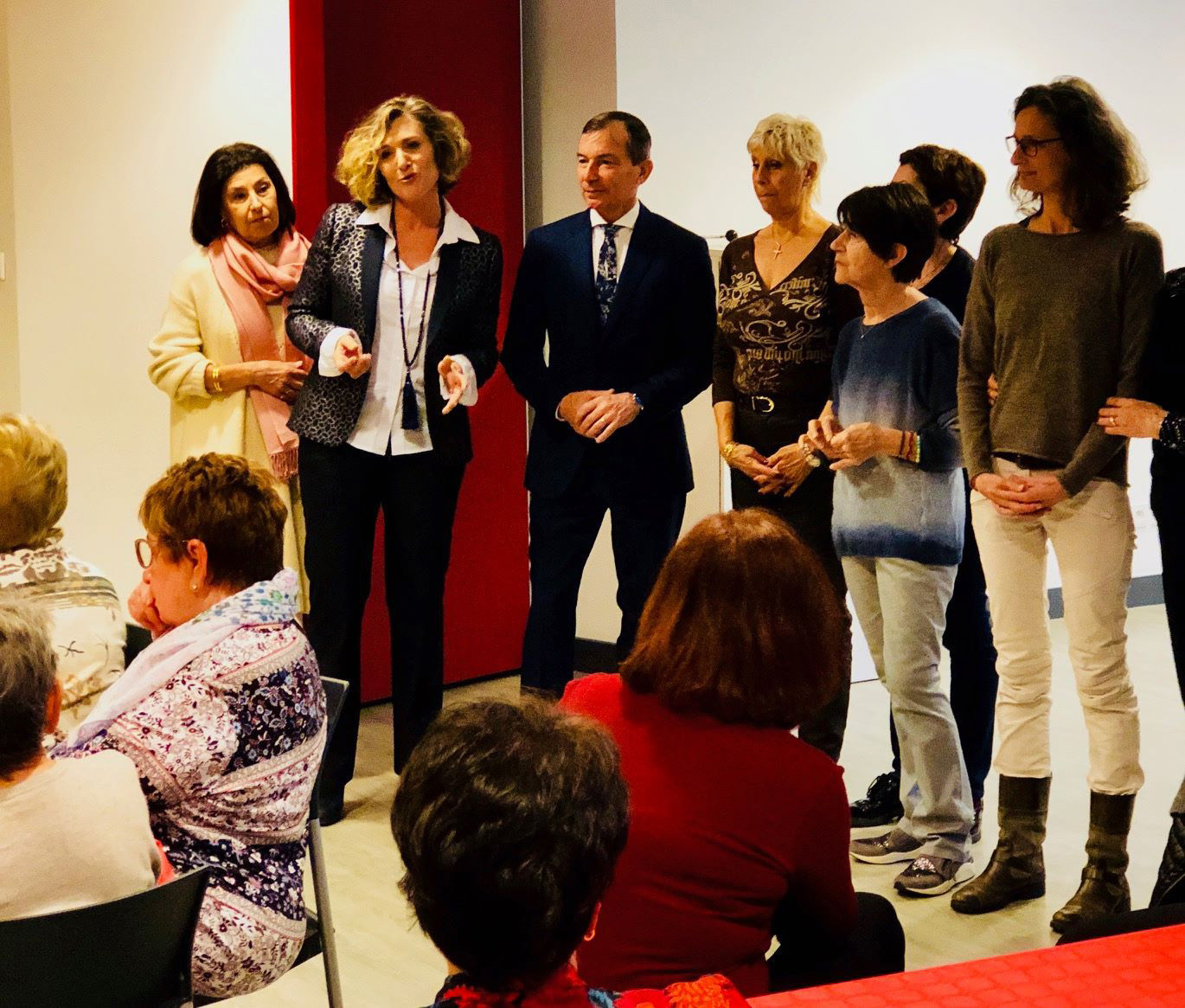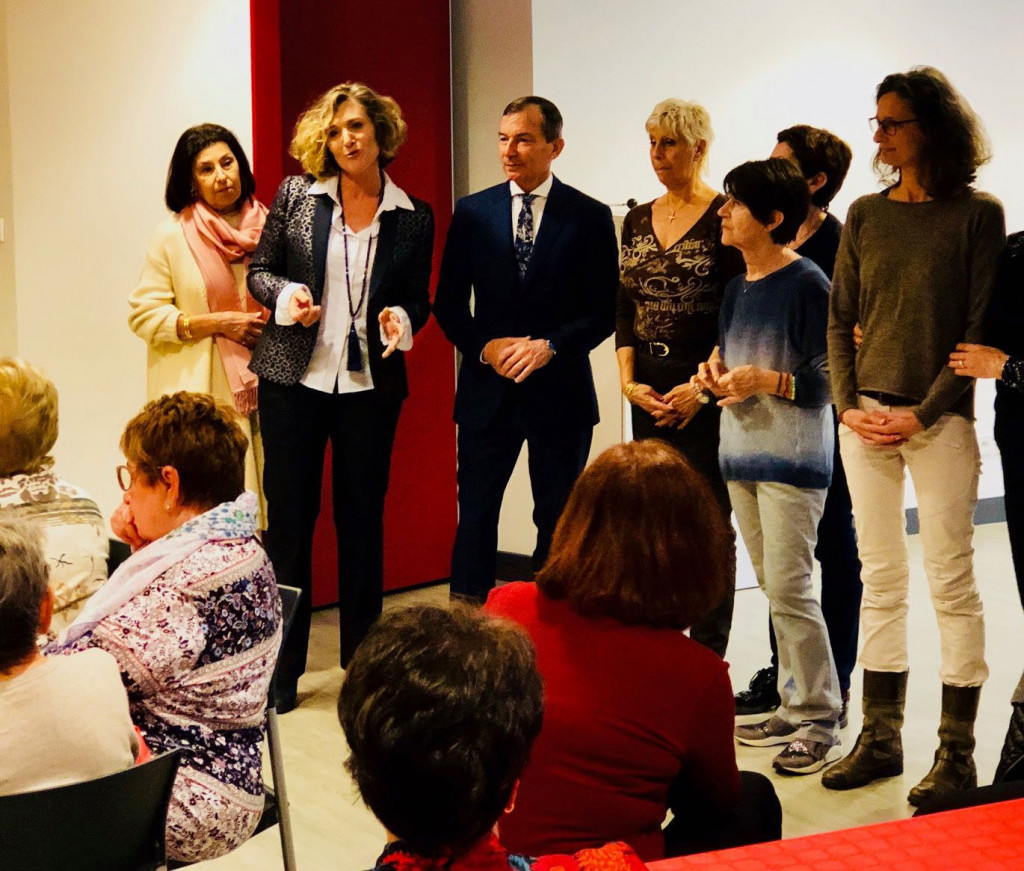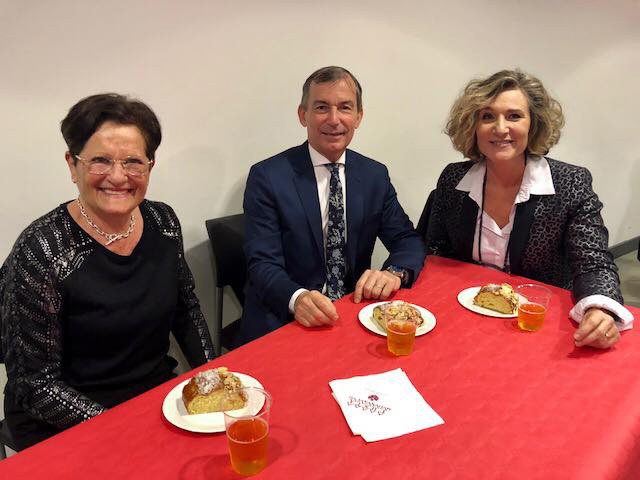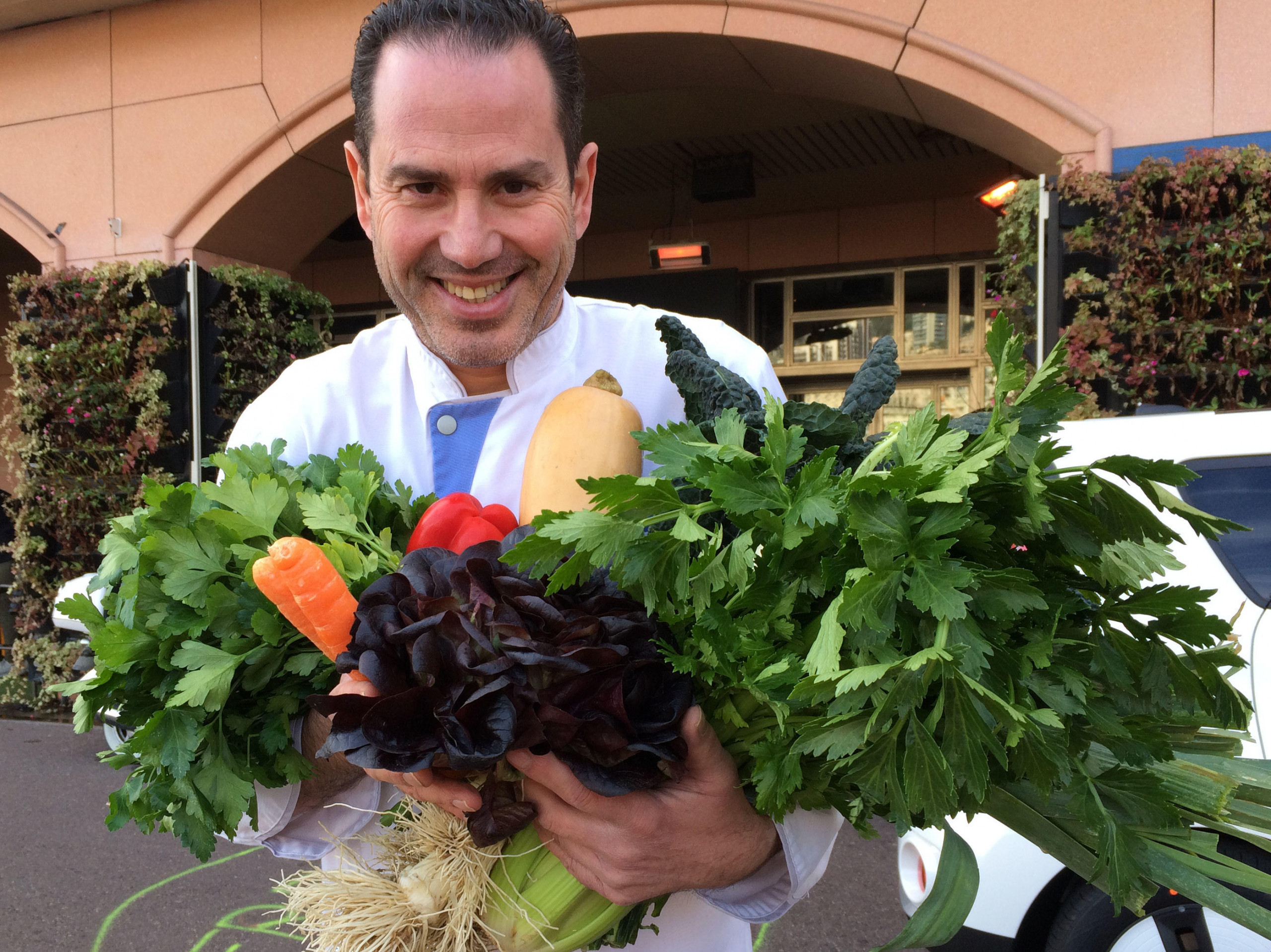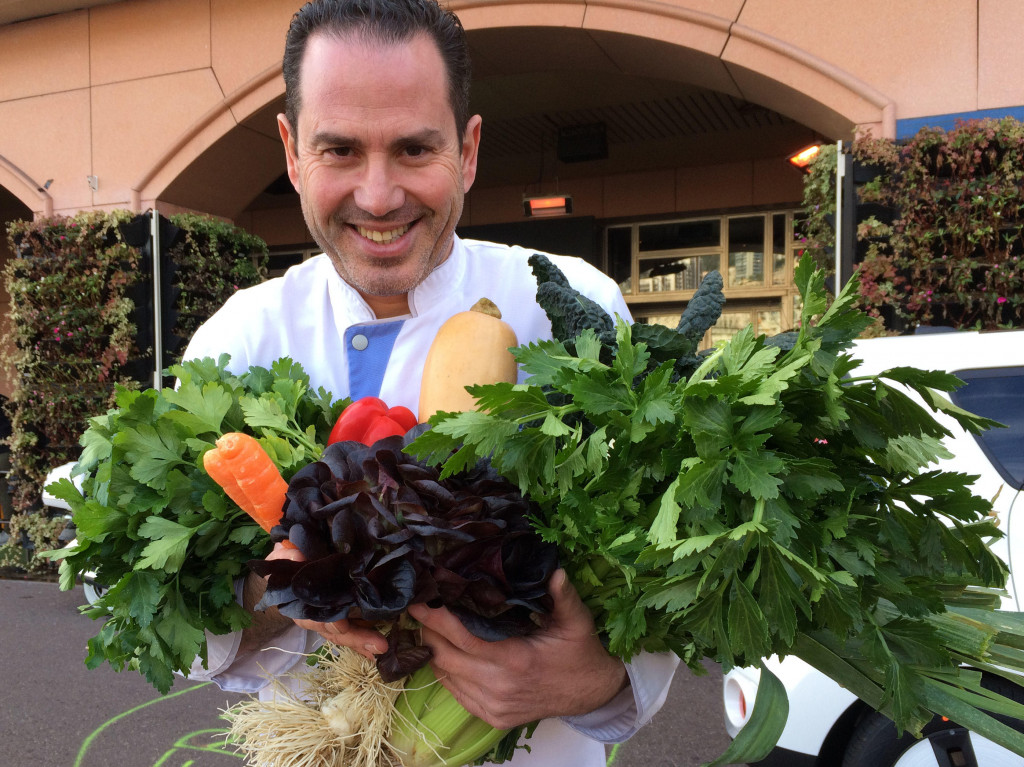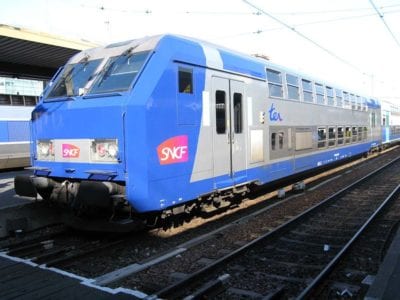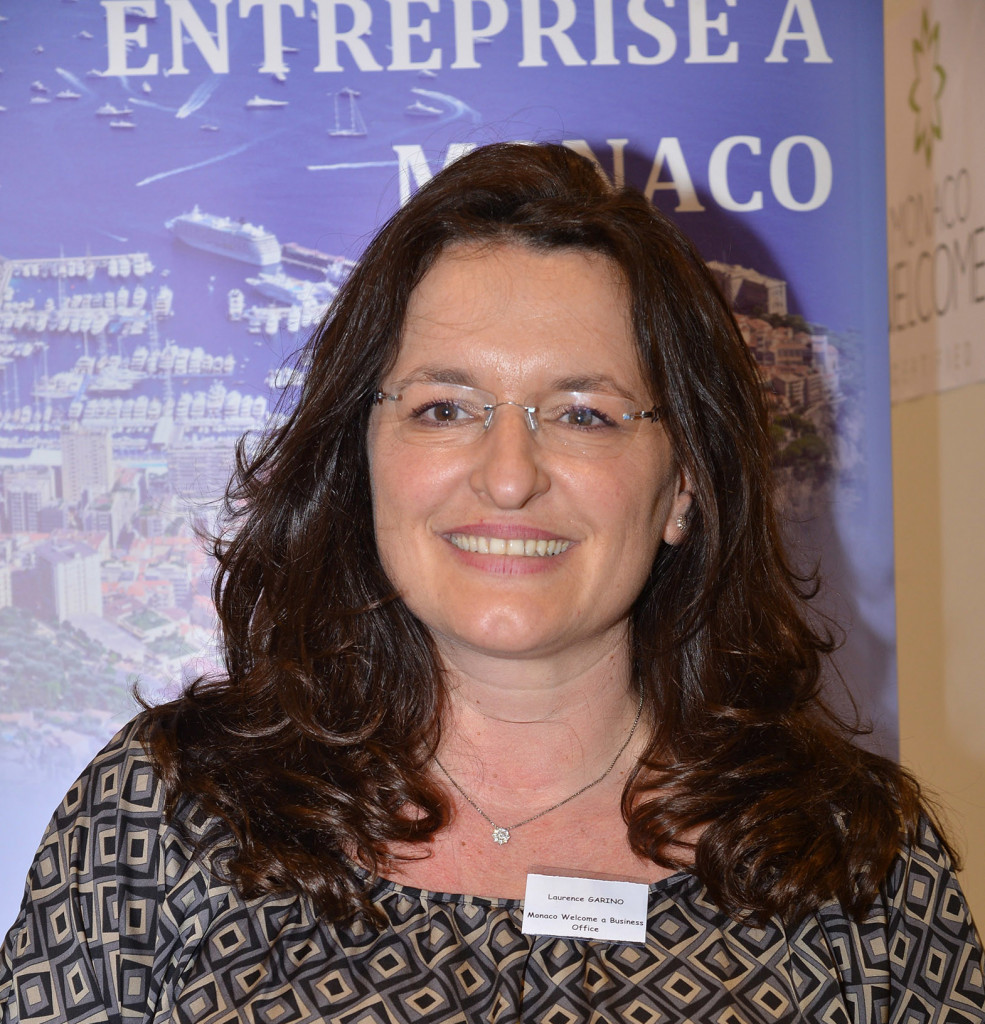
Laurence Garino, Director of Monaco Welcome & Business Office
ML: Mme Garino, could you share a little of your professional background?
LG: After finishing Business School I worked for a few years in Paris with the Havas Group. Returning to Monaco in 1995, I worked for the Minister of Finance and Economy, under the authority of HE Henri Fissore and HE Franck Biancheri for five years.
In 2000, I had a great opportunity to join the Grimaldi Forum, and participated in its launch and in its development, as Sales and Marketing Director, for 10 years.
Then, in 2010, the Government introduced several measures to improve administrative procedures, facilitate the relocation of future residents and entrepreneurs, optimise entrepreneurship, and boost the retail sector. It was in this context, that I was asked to set up the Monaco Welcome Office.
ML: Could you tell us about the history of the Welcome Office & Business Office? What exactly is a “Made in Monaco” welcome?
LG: The Monaco Welcome Office was created in 2010 to welcome entrepreneurs, investors, and future residents, wishing to settle in Monaco. By providing simpler procedures and more straightforward information, the Welcome Office helps them to set up their projects, in a relatively short timeframe, in line with the demands of today’s world.
The Monaco Welcome Office is a key contact in the Principality, for all individuals and investors interested in moving to Monaco, whether on a private or professional basis. This Service offers a wide range of tools, key contacts and useful information to simplify the different procedures and to highlight the Monegasque network.
The Welcome Office also plays an important role in Monaco’s retail sector and is a key contact for the Principality’s shopkeepers.
Finally, it was given the responsibility by the Government for implementing measures within the private sector related to the global welcome plan, and following the labelling process called “Monaco Welcome Certified”.
ML: The Welcome Office initiative serves existing businesses in Monaco and potential businesses in Monaco. For existing businesses, you offer the Monaco Welcome Label certification. Who and how can a business apply? What advantage does this 3-year certification bring to a company?
LG: The Government wants to encourage and support a high-quality welcome to the Principality, and this needs the full mobilisation of efforts across the public and private sectors.
The Monaco Welcome Label enhances and maintains the quality of the welcome offered in the Principality. Its aim is to share standards for businesses that welcome clients, in order to establish a “Made in Monaco” welcome. It’s designed to offer its customers reliable, consistent and objective information regarding the quality of the welcome in the Principality.
The label can be obtained for any kind of activity or structure that welcomes clients and wishes to make improvements to the services it offers, with the exception of activities carried out in shared offices, or from home, which are not eligible for the service.
Obtaining the label is an entirely voluntary process based on a state of mind and a genuine wish for self-improvement. The online application is very easy and takes only a couple of minutes. If successful, the company will be Monaco Welcome certified for 3 years, including an incognito visit in order to maintain a high-quality welcome during this period.
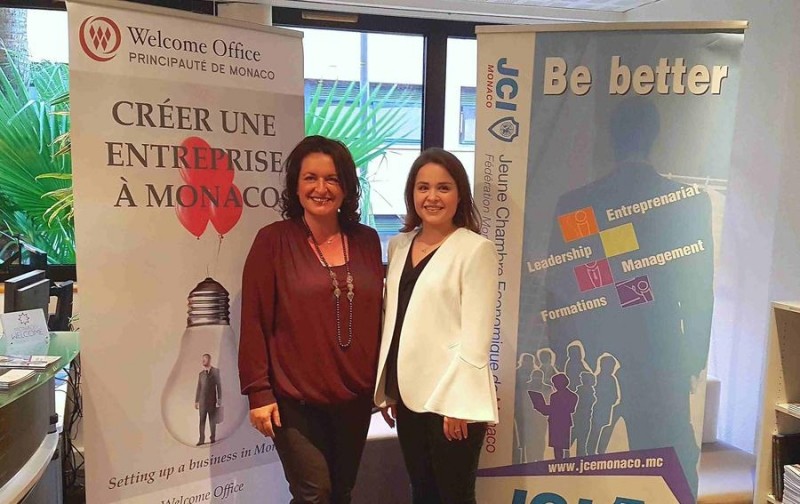
ML: Regarding entrepreneurs who are interested in setting up a business in Monaco, what specific tools and information can you provide? Is this information free?
LG: First of all, the Welcome Office is a Government Service, working daily to assist people and give out information, in a stress-free way.
Secondly, it is important to emphasise that our Service is actually made for anyone who has a business idea in Monaco and wants to know how to make it real, whether you are a business owner or a complete stranger to the business environment.
The information and the tools we provide are essentially related to the administrative process involved in setting up and running a business: regulated activities, application forms, timelines, main rules, legal forms, social charges, head office requirements, etc.
We also introduce our visitors to the key public or private entities in Monaco.
As a complement, we also help people understand how to relocate to Monaco for personal rather than professional reasons, as some of them contact us from abroad and wish to settle down here privately as well.
These tools and information can be paper-based documents we create, or official online sources we lead them to. Here are two very important tools we have designed:
– “Settling in the Principality of Monaco”, a brochure that introduces Monaco both as a place to live in and as a business destination.
– “Monaco Welcome”, an application for smartphones and tablets, to find all sorts of practical information quickly and easily – for example, doctors, restaurants, driving license exchange, school registration, etc.
We also manage the pages of the Official Government website for businesses, “Service Public Entreprises”, available in French and English (www.spe.gouv.mc) and one specific page on the Official Government portal for individuals, “Service Public Particuliers” (settlinginmonaco.gouv.mc).
ML: You offer services in English (and other languages). What are some of the most common questions new businesses ask you? What are some of the most common misconceptions people have about setting up a business in Monaco?
LG: Indeed, we speak fluent English and Italian, in addition to French.
Surprisingly, the most common questions are often misconceptions, such as “Is it mandatory to be a Monaco national to start a business ?”, “Is it true I can have a postal box somewhere and claim I have a business there?” or “Monaco-based companies pay no tax, right?”
Besides these misconceptions, which can be addressed quickly, there are more serious questions that are frequently asked. They regard the amount of money needed to start the application process, the various legal forms available, the rules that concern their activity, and the expenses they need to think about according to their project.
ML: Regarding individuals/families who are considering moving to Monaco, or those who have just arrived, how can you assist them with their integration?
LG: When it comes to moving to Monaco, we can help them understand what the process is like and what steps must be taken for a perfect relocation, because preparing for the relocation is very important. Concerning their integration, we make sure they get in touch with useful contacts here, such as associations that represent their national community, or members of the diplomatic network. We also give them all the necessary information and contacts to finalise their relocation and start living in Monaco: school registration, health and insurance services, driver’s license exchange, and a lot of other advice that make them quickly feel at home.
ML: Monaco Welcome offers free workshops, in English and Italian. Who can participate and what do the workshops offer? Do you host other events?
LG: We organise information meetings, exclusively for those who have recently become residents, or who hope to become residents soon.
We tend to host these events three times a year, in both English and Italian, with a small group of people, allowing personal interaction with our team.
The dates are announced on the Government website and available on the Monaco Welcome app – Entrance is free but you must register beforehand (+377 98 98 98 98 – welcome.business@gouv.mc).
We also participate in other private events organised by local companies and associations, always with the same objective: to deliver straightforward and up-to-date information on setting up a business and relocating to Monaco.
We cooperate with the Monaco Economic Board, Association des Consuls Honoraires de Monaco, CREM, IUM, and so on.
ML: In your owns words, why would you encourage a business or family thinking of coming to Monaco to contact the Welcome Office?
LG: Our Office offers a special welcome for private individuals and entrepreneurs; it is the gateway to the privileged circle of Monegasque residents, businesses and the Monegasque Administration. With dedicated and friendly premises, we provide a high-quality welcome and a single contact point to facilitate their venture and integration.
For more information about the Monaco Welcome & Business Office, see their website. Article first published February 1, 2018.
